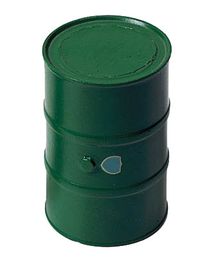Think of this as Volume 18, Number 33 of the newsletter I have written weekly since March, 1997. Enjoy.
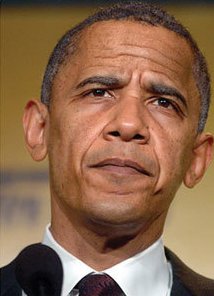
By this time we know the President's personality. We know how he will react to events. Satirists can “do” him. Their program has been enacted, and none works perfectly. Defending any President in their sixth year is exhausting. Ask Democrats in 1998, or Republicans in 1986.
Right now we're playing what I would have called, a decade ago, the 1974 Game. That year represented the six year mark following the election of Richard Nixon, which was the election that transformed American politics for a generation. Take Nixon's votes, add Wallace's, and you get an unstoppable coalition. Ronald Reagan and both Bushes would take full advantage. It defines Republicanism to this day.
But it doesn't have to turn out the way it did for Nixon. Despite Republican fever dreams there is nothing in Barack Obama's record to merit impeachment. Especially in comparison with his predecessor, whom those attacking him now defended.
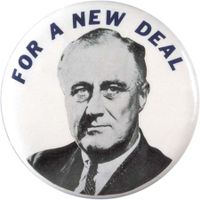
Yet another way of looking at it is to say we're now playing the 1902 Game. As long-time readers know, I consider 1896 to have been the turning point for the 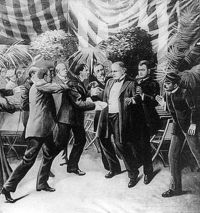
It's important here to review the difference between a Nixon and Reagan, a McKinley and Roosevelt, so we can understand where Barack Obama fits into the broader sweep of American political history. Obama represents a turning point. He came to office at a time of great crisis. He is a Crisis President. In this he's just like Nixon, just like McKinley, and for that matter just like our two greatest Presidents – Lincoln and FDR. Existential crisis has a way of concentrating the national mind, and creating lasting change. This is what happened in 2008, although Washington won't know that until that change is validated.
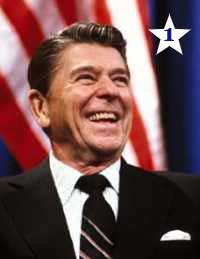
Which brings us back to the current moment. The immediate crisis has passed, but the new coalition needs validation before anyone will buy that politics has indeed changed. We see this in reaction to what happened in Ferguson – conservatives went quiet for a while until polls seemed to indicate the Nixon coalition might still be alive – expect more full-throated stuff like this in the days ahead.
What's missing for Democrats in all of this, as is true with Iraq, Ukraine, and many other issues – is simple inspiration. Democrats are as tired of Obama personally as Republicans, as tired as they were of FDR in 1938. They wish they had, like 1902's Republicans, a newer more energetic leader to rally around.

Yes, Reagan was active in the 1930s, but in a completely different way. He came up as a Roosevelt Democrat in 1930s Hollywood. Prosperity and his usefulness to the Republican moguls of that era made him into a clay they could mold for their own greatness. That's not Clinton's history. She was an intern on the 1974 impeachment committee, was First Lady as her husband created an anti-thesis to the Nixon Thesis of Conflict . To many conservatives it's like running Hanoi Jane Fonda for President in 2016, because their kids say “Jane who?” It's true that William McKinley rose to the rank of brevet major during the Civil War, but again he was the Crisis President – Roosevelt's whole political conceit was that he was just a kid then.
The point is that, right now, Hillary Clinton is assumed to be the validation to Barack Obama's Thesis of Consensus and until recently polls showed the 2016 election to be less a selection than a coronation.

So the 2016 election is going to be much more interesting than people realize. I think Hillary is going to search for an inspirational VP, and that this person – whoever they turn out to be – will prove far more important to what our grandkids learn of our history than she will.
That's what 1976 looks like from 1974, anyway. It's always possible we could get the Republican version of Jimmy Carter.


